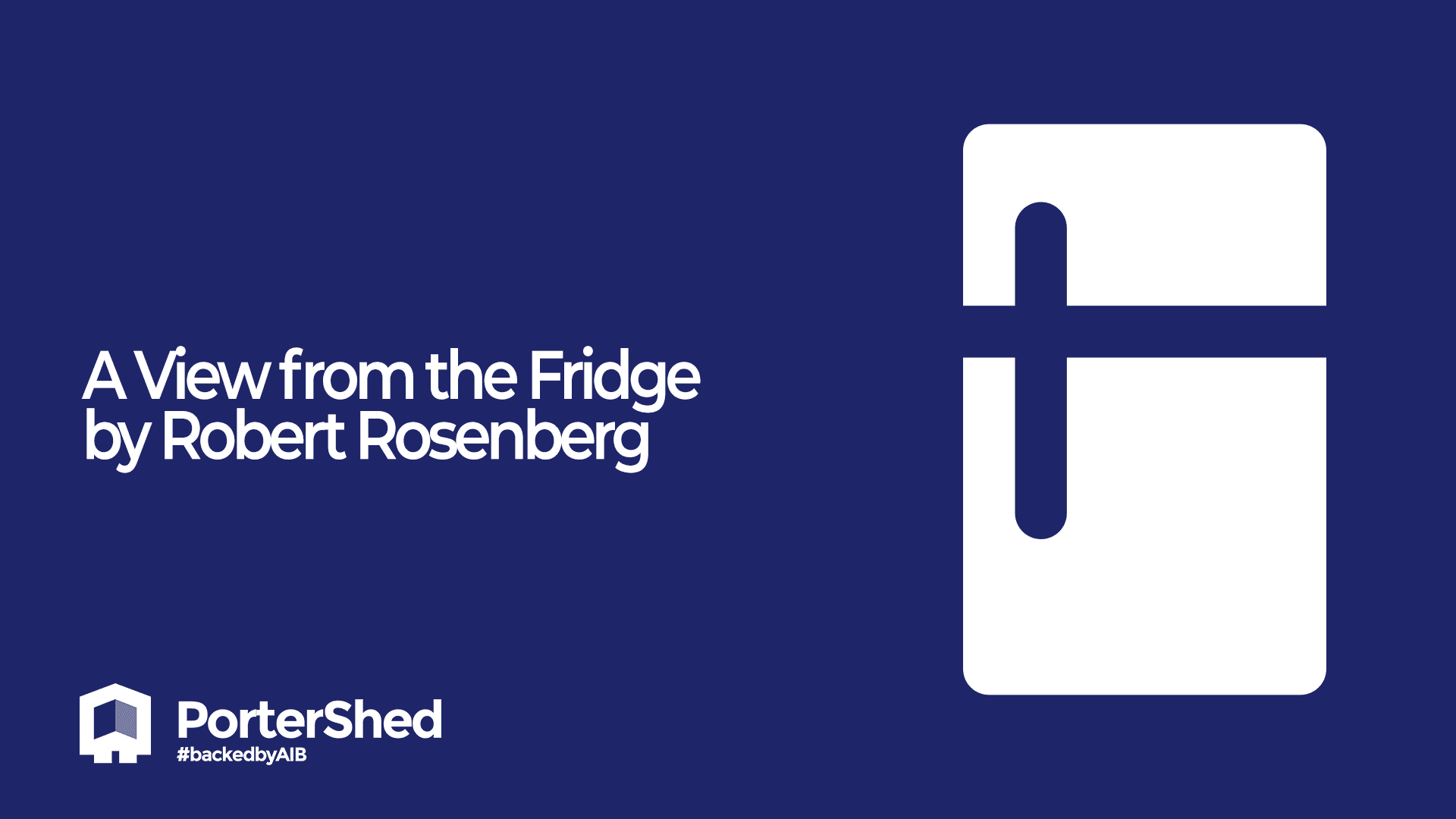Election Special
Last week I participated in a board discussion about whether we should consider a SPAC. If you haven’t been paying attention, SPACs are the hot topic in US big-time VC/private equity deals. I was planning a post about SPACs, but will spare you because –
- a) they’re not new and not a very interesting act of financial legerdemain;
- b) they are US-specific, a vehicle that speeds a company – without the onerous paperwork and roadshow of an IPO—to the public markets; and
- c) simply one more way for late-stage VCs to cash out, especially in a tech bubble.
You can find eplanations of SPACs somewhere else. Thinking about them has stimulated me to make a couple of points related to next week’s US elections.
First, the Fed has buoyed the US market with increasingly levels of liquidity, not to mention record debt and vanishingly small interest rates. This particular party will end, sooner rather than later, and there’s not a lot of historical data to guide us on what happens next. If you read WSJ or Barrons, the picture is rosier, the case being that the US will still have the strongest currency, if not the economy, in the world. It’s a moral hazard argument, one that assumes the US economy will be the tallest Lilliputian in a debt-ridden, post-Covid world.
And one that assumes that there’s an adult somewhere in the wings waiting to prescribe and administer the medicine.
Second, it’s not just the economy that will challenge the next president. Brexit, Covid, political, social divisions will be waiting for one of two old men running to embrace a wildly uncertain future. Whatever you think of the Pax Americana that has define the world since the end of WWII, it has offered a stable (if not always agreeable) world view based on a shared belief in democracy, cooperation, free trade, treaties and the rule of law.
And whatever you think of the Trump Presidency, the country that created NATO, SEATO, and NAFTA not to mention the Marshall Plan, the Peace Corps, and USAID isn’t so sure of its role in the world, or even how to manage Covid at home.
Lots of talk about a divided electorate. Pare away all the rhetoric and we witness an historic choice between:
A vision of America as a multicultural country, a country of opportunity, a country that believes in tolerance and compromise and the rule of law. A place of empathy and compassion. An outward-facing country engaged in the world. The America that Emma Lazarus described in a poem that sits at the base of the Statue of Liberty.
The alternate, more traditional vision of America as a white country that kowtows to privilege and status. An inward-looking, isolationist, more Puritan place where success – gotten at any price – is justifiable proof of God’s love.
They are, each in their way, valid interpretations of the confusion that has been the United States since its founding.
That’s how I see it a week before the election.
Admittedly, my view has been strengthened by an encounter with historian Walter Johnson’s book, “The Broken Heart of America: St. Louis and the Violent History of the United States”. He may get a bit strident in the telling, but his is a compelling view of economics and race (in the US and Great Britain in particular) that resonates as a record number of Americans head to (or back from) the polls. I recommend it as a difficult (the facts about Lincoln and his rationale behind his anti-slavery stance are particularly challenging) but rewarding read.

Bob Rosenberg
Educator (Associate Professor) / Entrepreneur / Leader of angel communities /
Entrepreneur in residence at PorterShed and BioExcel
Rarosenberg@gmail.com


